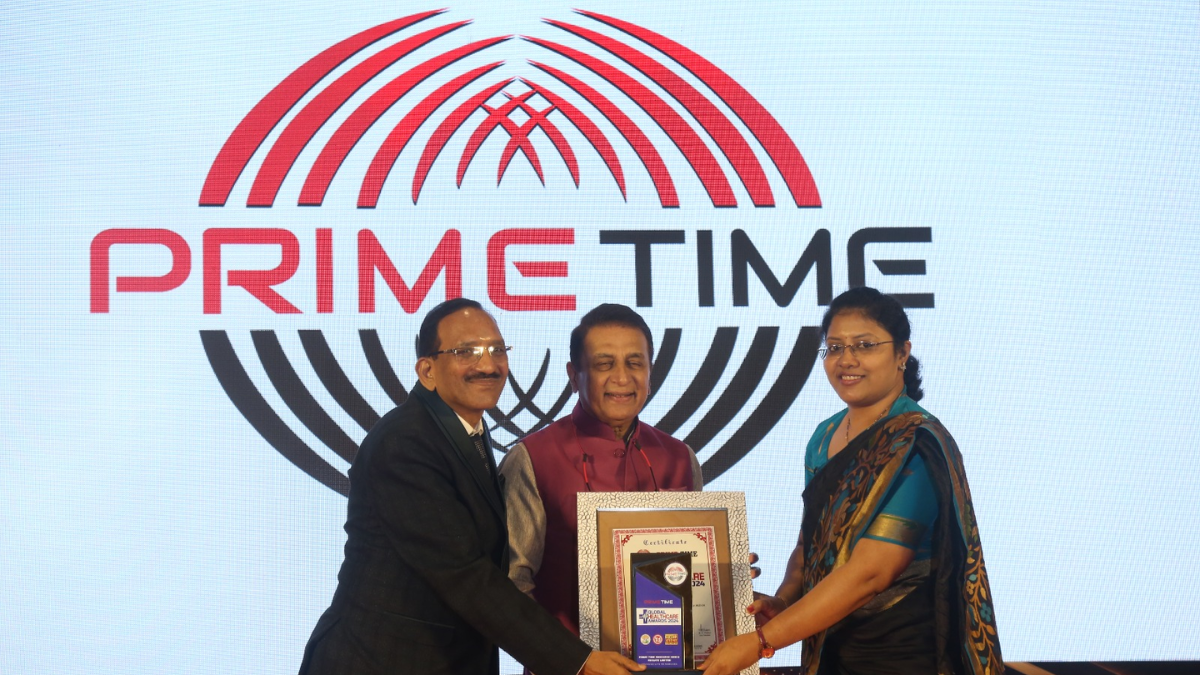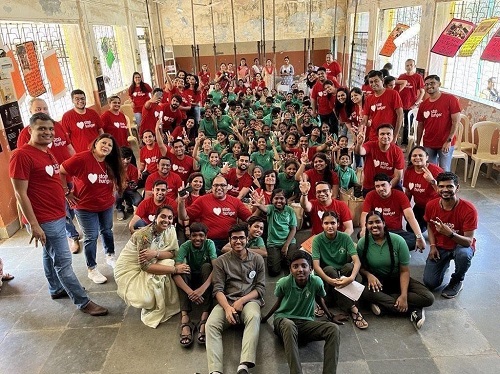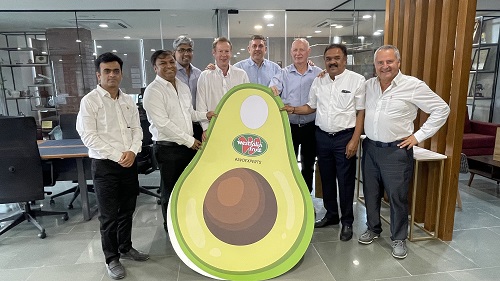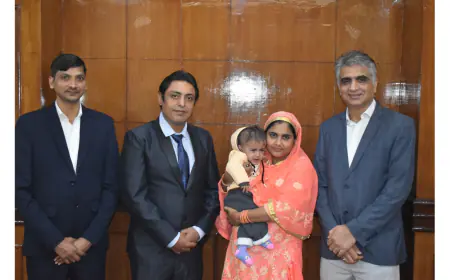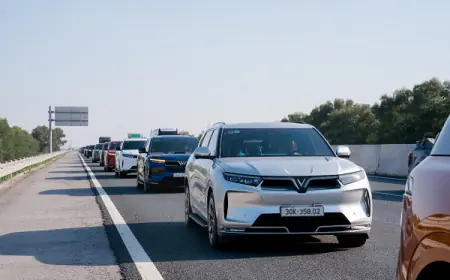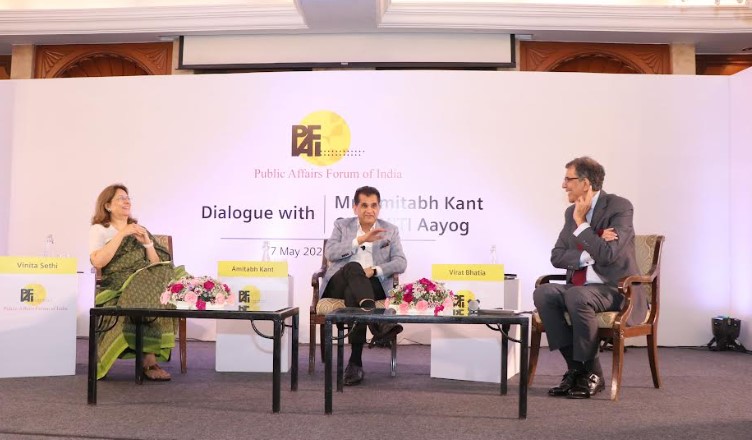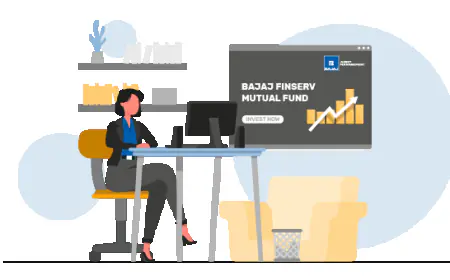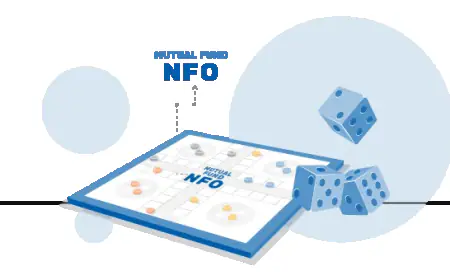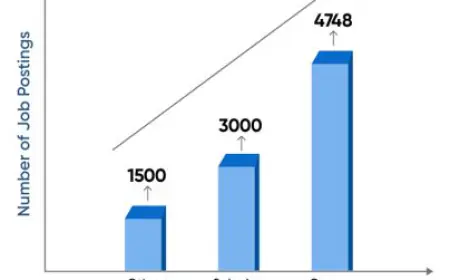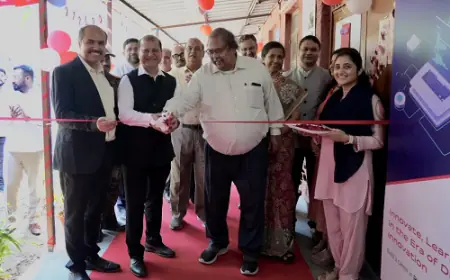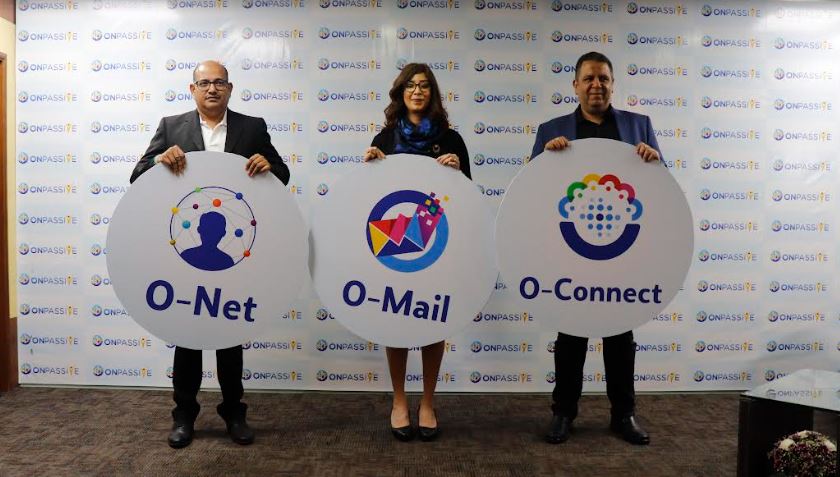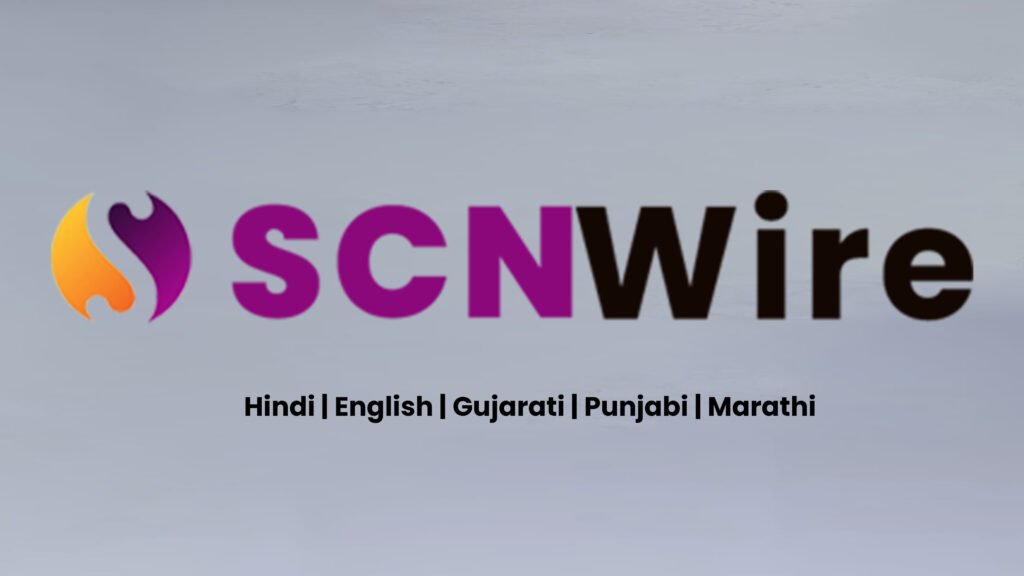Hyperlocal delivery startup focuses on Tier III India and beyond: Martbuddies by Founder Ajay Solanki
New Delhi (India), January 4: What is Hyperlocal Delivery Business Model: A Hyperlocal Delivery Model refers to a business model that meets people’s demands nearby instantly. The delivery of either a product or service happens through local stores via a digital platform such as the delivery of medicines, alcohol, groceries, food, beverages, etc. Unlike e-commerce, […]


New Delhi (India), January 4: What is Hyperlocal Delivery Business Model:
A Hyperlocal Delivery Model refers to a business model that meets people’s demands nearby instantly. The delivery of either a product or service happens through local stores via a digital platform such as the delivery of medicines, alcohol, groceries, food, beverages, etc.
Unlike e-commerce, hyperlocal delivery ensures same-day delivery within a few short hours or minutes. This is the major unique-selling-proposition (USP) of a hyperlocal delivery business.
Ajay Solanki the Founder of Martbuddies views that “I also saw a lot of manpower migrate to big cities in search of work. Most of them were doing delivery work there. I thought, Why did they have to leave their family and do work that they could do here?”
A couple of years down the line, COVID-19 brought the world to a standstill. Hundreds of small vendors and store owners were not able to run their business, and Ajay Solanki realized the need to launch a hyperlocal delivery startup.
We are proud to have a team of enthusiastic people (mostly delivery partners), who are earning while staying at home. We are very happy to achieve our mission and vision by providing services to Tier II, IV, and V India, stopping migration, generating more employment opportunities, and helping rural economic development,” Ajay says.
The startup’s revenue model includes:
Commissions: Charged on sales made through the platform.
Service fees: Delivery charges and convenience fees from consumers.
Advertisements: On app and website.
“We will offer microcredit to vendors who have been with us for a certain period, based on the orders. This enhances their ability and we can deduct money from their payouts to recover the loan amount,” Founder Ajay Solanki Says.

What types of Industries Can Hyperlocal Business Operate In?
Hyperlocal platforms can operate in any industry where there is a high demand for immediate, on-demand delivery.
They are good for various types of industries:
1: Food delivery: The food and restaurant industry witnessed the advent of hyperlocal business models with the launch of online food aggregator platforms like Uber Eats, Swiggy, Postmates, etc.
2: Grocery Delivery: Grocery delivery is a big market that several hyperlocal businesses have entered into. Instacart, Grofers, Bigbasket, and Amazon Now are some of the known names in the grocery Business.
Medical products delivery: Players like 1mg, Healthkart etc. are good examples of businesses operating as hyperlocal platforms for the sale of medical products ranging from medicines to equipment.
Courier and Logistics: Players like Porter, Uber Connect offer hyperlocal courier and logistics services with the click of a button. They focus on delivering express or urgent couriers or parcels the same day via their delivery Network
Home services: Home services is another area where hyperlocal platforms are set to disrupt the market. For example, players like Urban Company offer their service via their own network of service providers for home maintenance related issues like carpenter work, plumber work etc.
The Way Ahead:
In the next one year, the startup plans to expand to more than six cities, onboard 500+ vendors, and generate 100+ employment opportunities in the state of Madhya Pradesh(MP).
We aim to target smaller areas and provide services similar to big cities. Apart from convenience, we want to generate employment opportunities,” Ajay Said.
The founder Ajay Solanki says in the next five years the startup wants to provide services at least in 1,000+ small cities, “generating a minimum of 5,000+ job opportunities and contributing towards India’s development”.
Ajay says, “Some of the players who will be our competitors in the future include Zomato, Swiggy, Blinkit, and Zepto in the delivery space; Amazon, Myntra, Flipkart, and Ajio in the ecommerce space; Dunzo, WareIQ, and in three in hyperlocal; and Mahindra Logistics and Borzo in the logistics sector.”
For More Information Visit at:
If you have any objection to this press release content, kindly contact pr.error.rectification@gmail.com to notify us. We will respond and rectify the situation in the next 24 hours.










